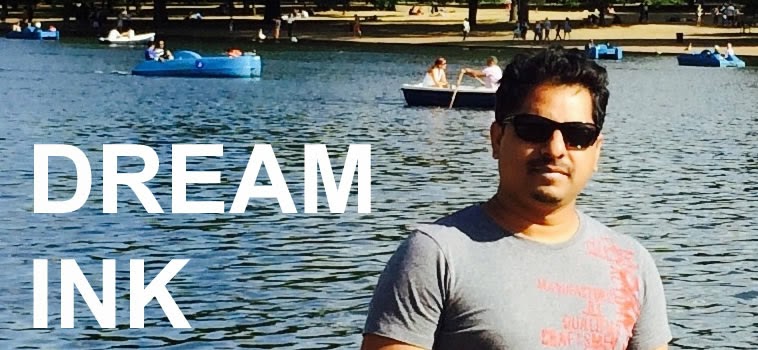The recent Tehelka expose on the Post-Godhra riots in Gujarat is the reason behind this storm. In his editorial, Tehelka's editor Tarun Tejpal asks us to be afraid:
Of the many things that are uniquely appalling about Gujarat 2002, three are particularly disturbing. The first that the genocidal killings took place in the heart of urban India in an era of saturation media coverage — television, print, web — and not under the cloak of secrecy in an unreachable place. The second that the men who presided over the carnage were soon after elected to power not despite their crimes but seemingly precisely because of them (making a mockery of the idea of the inevitable morality of the collective). And finally — as TEHELKA’s investigation shows — the fact that there continues to be no trace of remorse, no sign of penitence for the blood-on-the-hands that — if Shakespeare and Dostoyevsky are to be believed — is supposed to haunt men to their very graves.
Like Germany and Italy once, Gujarat begs many questions. How do a non-militant people suddenly acquire a bloodthirsty instinct? Does affluence not diminish the impulse to savagery? Does education not diminish the impulse to bigotry? Do the much-vaunted tenets of classical Hinduism not diminish the impulse to cruelty? If tolerance and wisdom will not flourish in a garden of well-being and learning, in the very land of Mahatma Gandhi, then is there any hope for these things at all?
I also read this piece of news on NDTV.com, which is relevant, but not directly related to the political issue at hand. It is about the effectiveness of affirmative action in India or its lack thereof. I had first seen this information by the researchers of Princeton University who had written a letter in The Economist last week. Here's the news from NDTV:
The private sectors' refrain that affirmative action is good enough may not stand now. Fresh studies have proved that there is discrimination in employment.
It was subject of much dispute - many had been saying it, others contesting it. On Friday, a study was released by the Indian Institute of Dalit Studies in collaboration with Princeton University.
The study was conducted against 548 job advertisements with 4808 applicants over 66 weeks, across five metros.
It reveals that in fact a person's caste and religion could be a hindrance in getting a job, despite equal qualification.
The study says that a dalit had 60 per cent less chances of being called for an interview, and a Muslim had 30 per cent less, as against their higher caste peers.
I have many friends from India's minority community who work and live abroad and they don't want to go back to a 'shining' India so readily. You can see why. It is sad but true and I hope things change fast in my country so that people of all faiths feel safe and secure and participate in its historic moment of progress with equal measure.

No comments:
Post a Comment